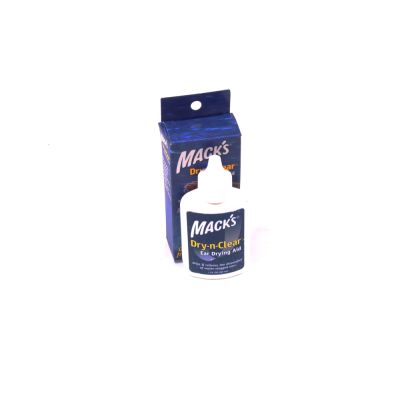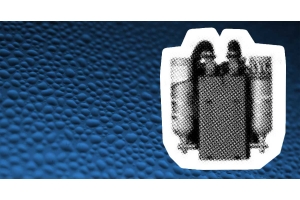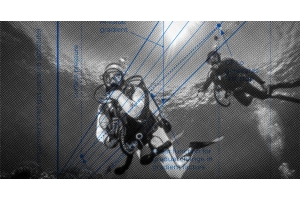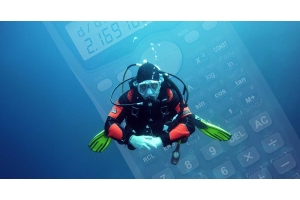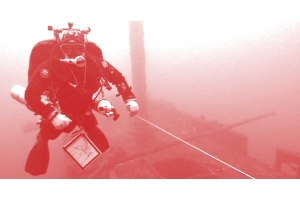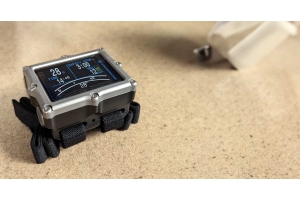How can divers avoid nosebleeds?
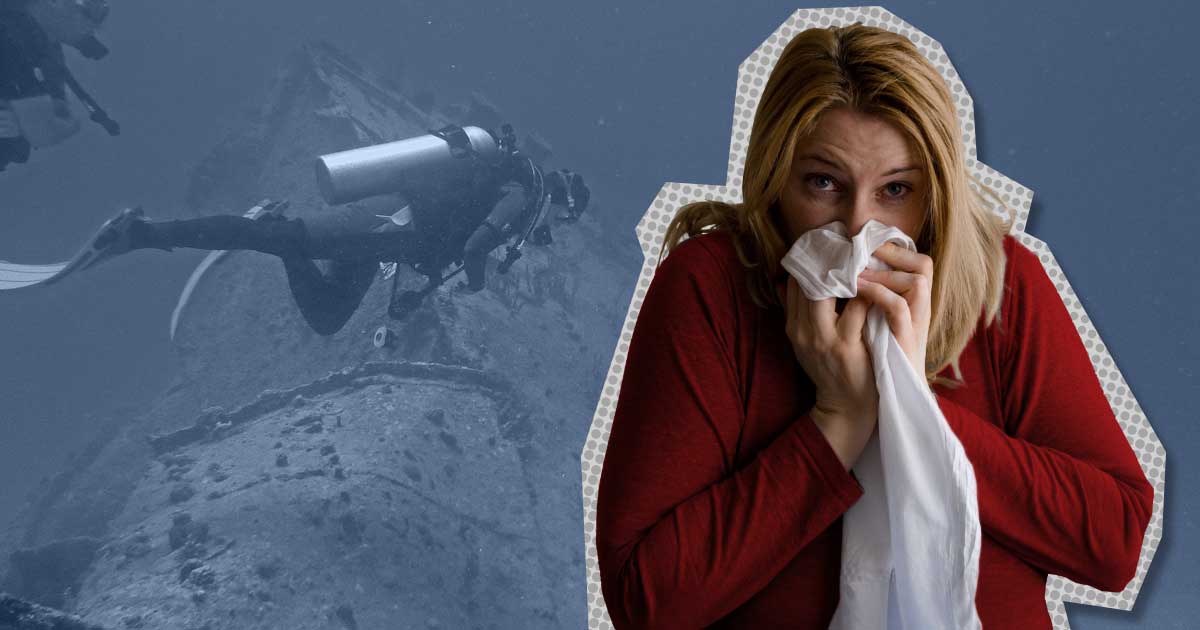
Seeing red
There’s a growing pain in your face as you descend, it’s sharp and feels like the ‘brain freeze’ you suffer when you rapidly consume ice cream. Later, you’re ready to ascend but as you do so, you go through a rather disgusting experience as your sinuses expand and force out an unpleasant mix of blood and mucus.
This is one such possibility of a nosebleed during a dive. Nosebleeds are more common in nascent divers still learning equalisation techniques but can also affect experienced underwater explorers.
What causes a diver’s nose to bleed?
First off, an explanation of how sinuses work. Air flows into your sinuses when you inhale through your nose or mouth. Sinuses produce mucus, the unpleasant yet necessary secretion usually referred to as ‘snot’. While it’s regarded as a disgusting substance, it aids our health. Mucus contains antibodies and enzymes aimed at neutralising or killing harmful airborne bacteria.
Your sinuses move air and mucus to your nasal cavity through tiny openings called ostia. Inflammation of your upper respiratory tract can narrow or block ostia. A virus, usually the common cold, or an allergy, such as hay fever, can cause inflammation.
When it comes to diving, improper equalisation will lead to nosebleeds. It’s imperative not to delay equalisation and to perform it often on the descent.
However, nosebleed risks can be prevalent even with perfect equalisation techniques attempted. An inflammation of the upper respiratory tract will put the diver at risk. The resulting sinus congestion prevents proper equalisation. This can be from a viral/bacterial infection, an allergy or other cause. Sinus congestion prevents proper equalisation.
Other factors can be a disadvantage to divers when trying to carry out a full and appropriate equalisation process:
- A history of sinus problems
- A deviated septum, usually caused by a broken nose
The four common equalisation manoeuvres
Pinch and blow
By far the most common method, this is the Valsalva Manoeuvre. You pinch your nose and gently blow. This forces air into your ears through your Eustachian tubes. It's crucial not to blow too hard, as excessive force can cause ear damage. If you have nasal congestion, an extra warning; this technique could push mucus into your ears. Use caution and blow for less than five seconds.
Pinch and swallow
This is the Toynbee Manoeuvre. It's widely regarded as a safer alternative to the Valsalva Manoeuvre. You pinch your nose and swallow; allowing air to naturally enter your ears.
Pinch, swallow and blow
A hybrid solution of the above methods.
Pinch and wiggle
Pinch your nose and gently blow while moving your jaw in all directions. This helps you find the right pressure to open your Eustachian tubes.
Preventing nosebleeds on a dive

How to handle an underwater nosebleed
If you’re having a nosebleed during a dive, we recommend this procedure:
- Remain calm.
- Alert your buddy.
- Lightly pinch your nostrils together for a while.
- Aim for slow and controlled breathing.
- Clear your mask if possible
- Make a slow ascent.
When you reach the surface, remove your mask and gently clear your nasal passages.
After your dive
If nosebleeds persist regularly, you should consult a doctor before commencing any further dives.
For those who feel determined to continue with diving, here are a couple of tips:
- Try out other equalisation techniques.
- Play it safe with shallower dives.
In conclusion
Nosebleeds are quite common among divers. In most cases, while they’re unpleasant to deal with, they’re not usually a cause for major concern. We’ve stressed the importance of frequent equalisation during your descent.
If you experience a nosebleed, remember to remain calm, alert your dive buddy and try our recommended actions.
Of course, this blog is no substitute for professional medical advice. Always reach out to a specialist if nosebleed becomes a recurring problem.








